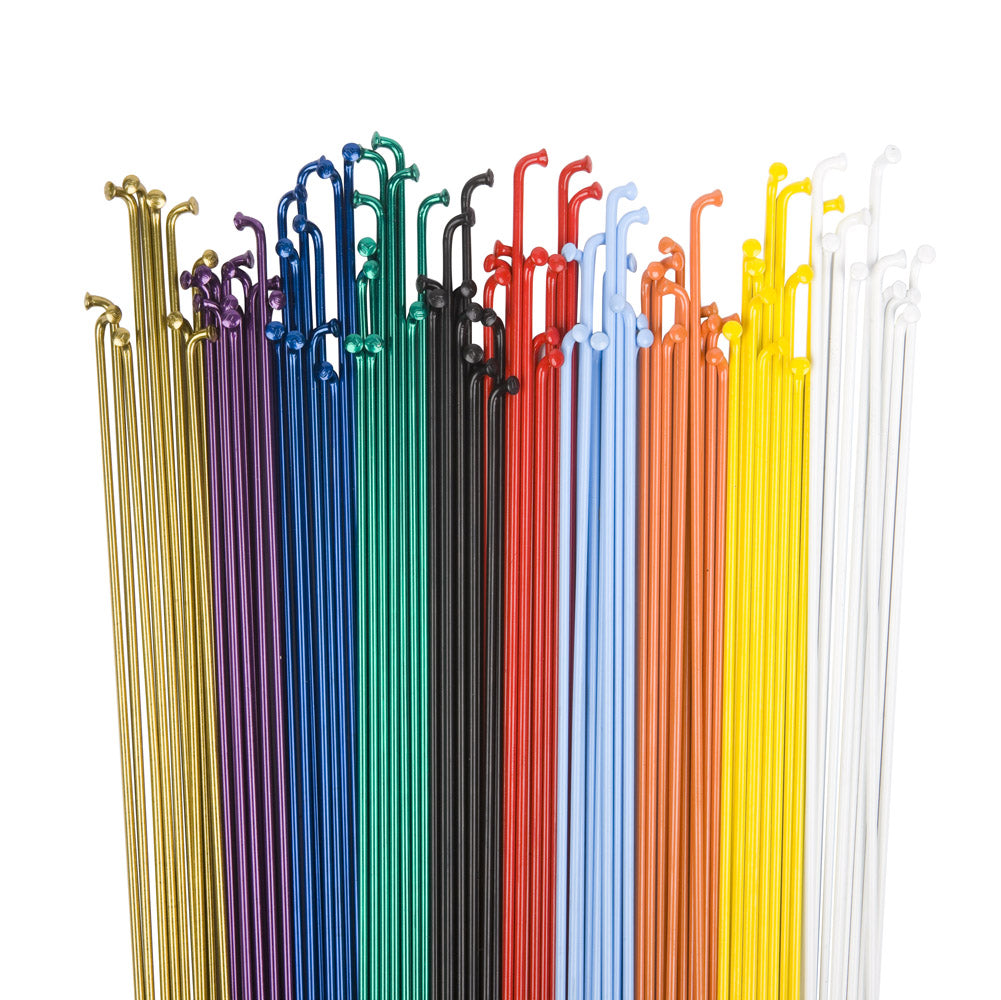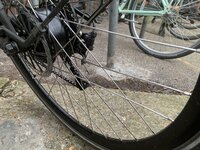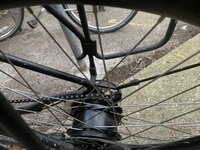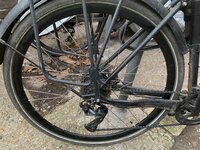Haystacks
Well-Known Member
Second time lucky

 slam69.co.uk
slam69.co.uk

Spokes
Slam69 Bicycle Workshop in Gloucester | Shop online, Next Day Delivery | 0% Finance available | Custom Wheels | Bike Components and Spares | Workshop | Repairs & Servicing | Wheel Builder | Shimano | SRAM | Halo Wheels | Hope | Title MTB | Gusset | Reverse | Peatys | Dirt Jump Bike | BMX | Fat...



